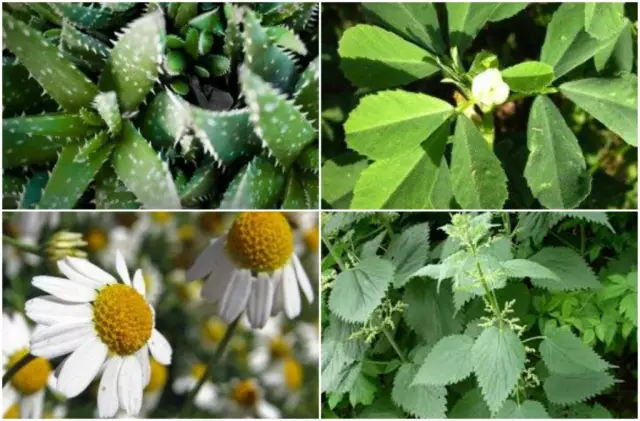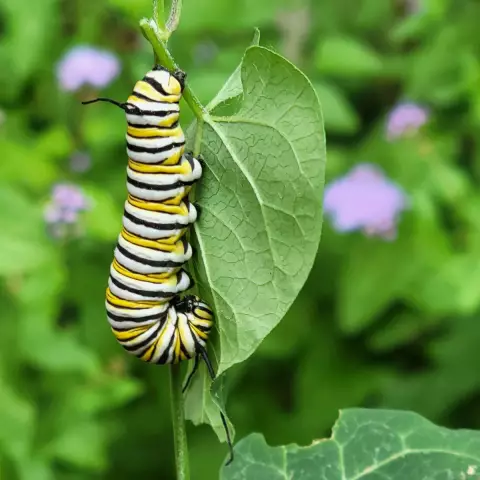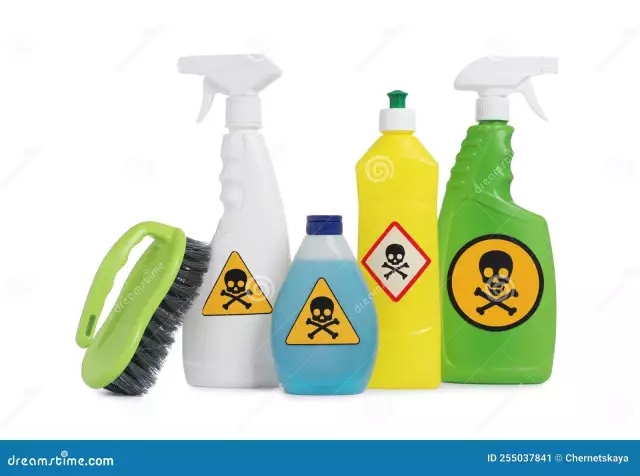- Author Rachel Wainwright wainwright@abchealthonline.com.
- Public 2023-12-15 07:39.
- Last modified 2025-11-02 20:14.
Household injuries in the country
With the onset of truly warm spring days, the summer cottage season opens. Fans of gardening work every weekend, and even on weekdays, rush to their summer cottages. Country romance is a relative concept, it is not only the singing of birds in the garden, daisies in the flowerbed and barbecue with a guitar. It is also work, which is invariably accompanied by injuries of various kinds and severity. Cuts, bruises, splinters are common for a person working on the ground.
Perhaps the most common injury to a gardener is a cut. A shard of glass unnoticed in the ground, a sharp edge of a garden tool, a detail of a metal fence - carried away by work, you can cut yourself, and quite deeply, about any sharp edge. Another common type of wounds in a summer cottage is stab wounds. Puncture wounds include nail wounds and those caused by pitchfork or wire. Also, abrasions, bruises, splinters, burns, sprains are not uncommon.

What is important to remember?
Work in the garden and garden is primarily associated with the land - the source of infection. In addition, metal fences, wire, garden tools can be rusty, painted or contain particles of lubricant on their surface - thus, a wound received in a garden or vegetable garden, by definition, cannot be clean, it is highly likely to fester.
The first, obligatory step in the treatment of a wound received in the country is a thorough rinsing to remove dirt, clods of earth, sawdust, dust and debris from its surface. This can be done with clean running water or any antiseptic solution. If large chips, glass shards or other foreign bodies are stuck in the wound, they should be carefully removed using tweezers. The simplest pressure bandage will help to stop the blood: it is necessary to tightly bandage or press a thick gauze pad to the wound. In the absence of gauze, a piece of any clean cloth will do. A special ointment or cream with an antibacterial and wound-healing effect will help speed up wound healing. For example, the drug "ARGOSULFAN ® ". Its active ingredient is silver sulfathiazole, which has an antiseptic and wound-healing effect. It is recommended to apply the wound-healing cream 2-3 times a day; you can do it both on an open wound and under a bandage *. Before using the product, you must read the instructions or consult a specialist.
When is the doctor's help needed?
As a rule, small wounds received during gardening work can be treated at home, however, it is recommended to consult a doctor before that. In addition, in some cases, professional medical assistance is indispensable.
It is necessary to contact a specialist if:
- the wound was caused by a heavily soiled or very rusty object, as well as if the surface of the wound during washing cannot be cleaned of dirt, chips, glass fragments;
- unable to stop bleeding;>
- the wound is deep or large in area;
- the wound was inflicted on an animal - a bite, a deep scratch;
- the edges of the wound are severely inflamed, swollen, the body temperature is elevated, the wound suppurates;
- if you suspect a dislocation or fracture, as well as injuries (including bruises) of the head or spine.
Minor injuries - abrasions, cuts, splinters, wounds often accompany work in the garden or garden. Timely and competent treatment of the wound taught at the dacha, as well as its careful treatment, contributes to its rapid and smooth healing, without suppuration, and also to prevent the appearance of a rough scar in the future.
Svetlana Levchenko, surgeon, clinic "Asteri-Med", Moscow
* Instructions for medical use of the drug ARGOSULFAN®
Found a mistake in the text? Select it and press Ctrl + Enter.






